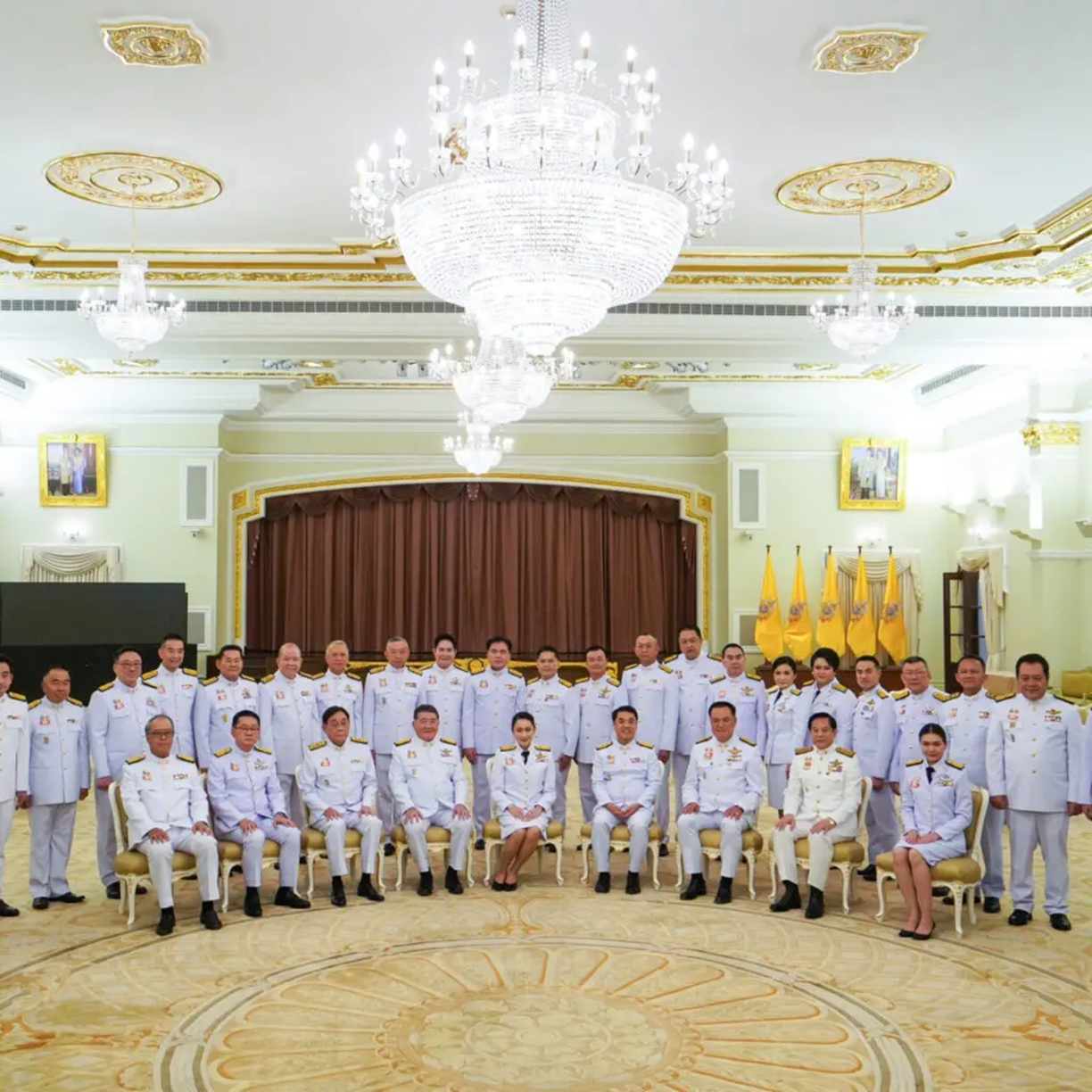Tuesday, July 23, 2024
Reading Time: 5 minutes
Today marks a significant moment for the Indian tourism industry as Finance Minister Nirmala Sitharaman is set to announce the Union Budget. In a period marked by economic recovery and strategic realignments post-pandemic, this Indian financial budget is anticipated to provide a much-needed boost to various sectors, with tourism being a focal point.
Current State of the Indian Tourism Industry
The Indian tourism sector has been one of the hardest hit by the COVID-19 pandemic. With international travel bans, lockdowns, and social distancing norms, the industry faced unprecedented challenges. According to the Ministry of Tourism, India received 2.74 million foreign tourists in 2020, a stark decline from the 10.93 million in 2019. Domestic tourism also suffered significantly, impacting local economies dependent on travel and tourism.
The Indian government, recognizing the critical role of tourism in the country’s GDP and employment, has been gradually introducing measures to revive the sector. However, stakeholders believe that a comprehensive strategy backed by substantial budget allocations is essential for a robust recovery.
Finance Minister Nirmala Sitharaman to Present Seventh Consecutive Budget: Aiming for a Viksit Bharat by 2047
Finance Minister Nirmala Sitharaman is poised to present her seventh consecutive Union Budget shortly, setting the stage for India’s economic roadmap towards a Viksit Bharat by 2047. This budget is not only about outlining future aspirations but also about highlighting the Modi government’s achievements over the past decade. The anticipation surrounding this budget is significant, with expectations of measures that will stimulate economic growth, provide tax relief, and maintain fiscal discipline.
One of the most closely watched aspects of this budget is the potential for tax relief for the middle class. Given the current tax buoyancy, there is a strong expectation that Sitharaman will introduce measures to increase disposable income for middle-class families. This demographic has been particularly vocal about the need for reduced tax burdens, which would allow for greater spending power and contribute to overall economic activity. Enhanced disposable income could lead to increased consumer spending, driving growth in various sectors, including retail, real estate, and services.
The Union Budget 2024 is also expected to adhere to a fiscal glide path aimed at reducing the fiscal deficit. The government has set an ambitious target to bring down the fiscal deficit to 4.5 percent of GDP by 2025-26. Achieving this goal will require careful balancing of spending and revenue generation. Measures to enhance revenue might include broadening the tax base, improving tax compliance, and possibly introducing new forms of taxation that do not burden the average taxpayer excessively.
In addition to tax relief and fiscal discipline, the budget is likely to include significant allocations for infrastructure development. This sector is critical for achieving long-term growth and sustainability. Investments in transportation, digital infrastructure, and urban development are expected to be key components, aligning with the government’s vision of creating a modern and efficient India.

The budget will also reflect the Modi government’s achievements over the past decade. Initiatives such as the Pradhan Mantri Awas Yojana, Digital India, and Make in India have already laid a strong foundation for growth. By showcasing these achievements, the government aims to build confidence and support for its future plans.
Another area of focus is likely to be social sector spending, including health, education, and welfare programs. The pandemic has underscored the importance of robust healthcare and social safety nets. Enhanced allocations in these areas will not only improve quality of life but also ensure that India’s growth is inclusive and sustainable.
Sitharaman’s budget presentation comes at a time when the global economic landscape is uncertain, with inflationary pressures and geopolitical tensions. Thus, the budget must also address external challenges while reinforcing domestic economic resilience.
In conclusion, Finance Minister Nirmala Sitharaman’s seventh Union Budget is set to be a critical document that balances immediate economic needs with long-term aspirations. By potentially providing tax relief, adhering to fiscal discipline, and investing in key sectors, the budget aims to steer India towards becoming a Viksit Bharat by 2047, while also celebrating the Modi government’s decade-long journey of reforms and development. The eyes of the nation are on Sitharaman as she outlines the economic blueprint that will shape India’s future.
Expectations from the Budget
- Infrastructure Development: The tourism industry thrives on infrastructure. There is a growing demand for improved connectivity, be it roads, railways, or air travel. Investments in airport modernizations, developing highways, and enhancing the quality of tourist destinations can significantly uplift the sector.
- Tax Relief and Incentives: Stakeholders are looking forward to tax reliefs and incentives that can ease the financial burden on the industry. Reduction in GST rates on hotel stays, rationalizing taxes on travel services, and offering incentives for investment in tourism projects are some of the key expectations.
- Promotion of Domestic Tourism: With international travel restrictions still a concern, promoting domestic tourism can be a game-changer. The government is expected to launch campaigns and provide subsidies that encourage domestic travel, thereby boosting local economies.
- Skill Development and Employment: The tourism industry is a significant employer in India. Allocating funds for skill development programs to train individuals in hospitality, travel management, and other tourism-related services can help in employment generation and improve service quality.
- Sustainable Tourism: In line with global trends, there is a growing emphasis on sustainable tourism. The budget is expected to allocate funds for promoting eco-friendly travel practices, conservation of natural resources, and development of sustainable tourist destinations.
Previous Initiatives and Their Impact
In the previous budgets, the Indian government had introduced several measures to support tourism. The launch of the Dekho Apna Desh campaign aimed at promoting domestic tourism, the introduction of the National Digital Tourism Mission to create a comprehensive digital ecosystem, and the development of theme-based tourist circuits under the Swadesh Darshan Scheme were some noteworthy initiatives.
However, the pandemic-induced disruptions highlighted the need for more resilient and adaptive measures. This year’s budget is expected to address these gaps and lay down a more comprehensive roadmap for the sector’s revival.

Industry Reactions and Future Prospects
The anticipation surrounding the budget has stirred optimism within the industry. Hoteliers, travel agencies, tour operators, and allied sectors are hopeful that the government will recognize the tourism industry’s potential to contribute to economic growth and employment generation.
In a recent statement, the Federation of Associations in Indian Tourism & Hospitality (FAITH) emphasized the need for a long-term strategic approach. “The tourism industry needs sustained support to bounce back. We are optimistic that this budget will include measures that cater to both immediate relief and long-term growth,” said a FAITH spokesperson.
The prospects for the Indian tourism industry look promising if the budget addresses the critical needs of the sector. With strategic investments, tax reforms, and a focus on sustainable practices, the tourism industry can not only recover but also thrive, contributing significantly to India’s economic resurgence.
As Finance Minister Nirmala Sitharaman prepares to unveil the Union Budget, the Indian tourism industry watches with bated breath. This budget holds the promise of being a turning point, offering a ray of hope for a sector that has endured immense challenges over the past couple of years. The right mix of financial support, infrastructural development, and strategic initiatives can set the stage for a vibrant and resilient tourism industry, capable of driving economic growth and showcasing the best of India to the world.
Tags: economic roadmap, fiscal deficit, fiscal deficit reduction, India, India Budget News, India Tourism, Indian economy, Indian tourism industry, infrastructure development, infrastructure investment, middle-class, Middle-Class Tax Relief, Modi Government, Modi government achievements, Nirmala Sitharaman, tax relief, Union Budget 2024, Viksit Bharat, Viksit Bharat 2047






